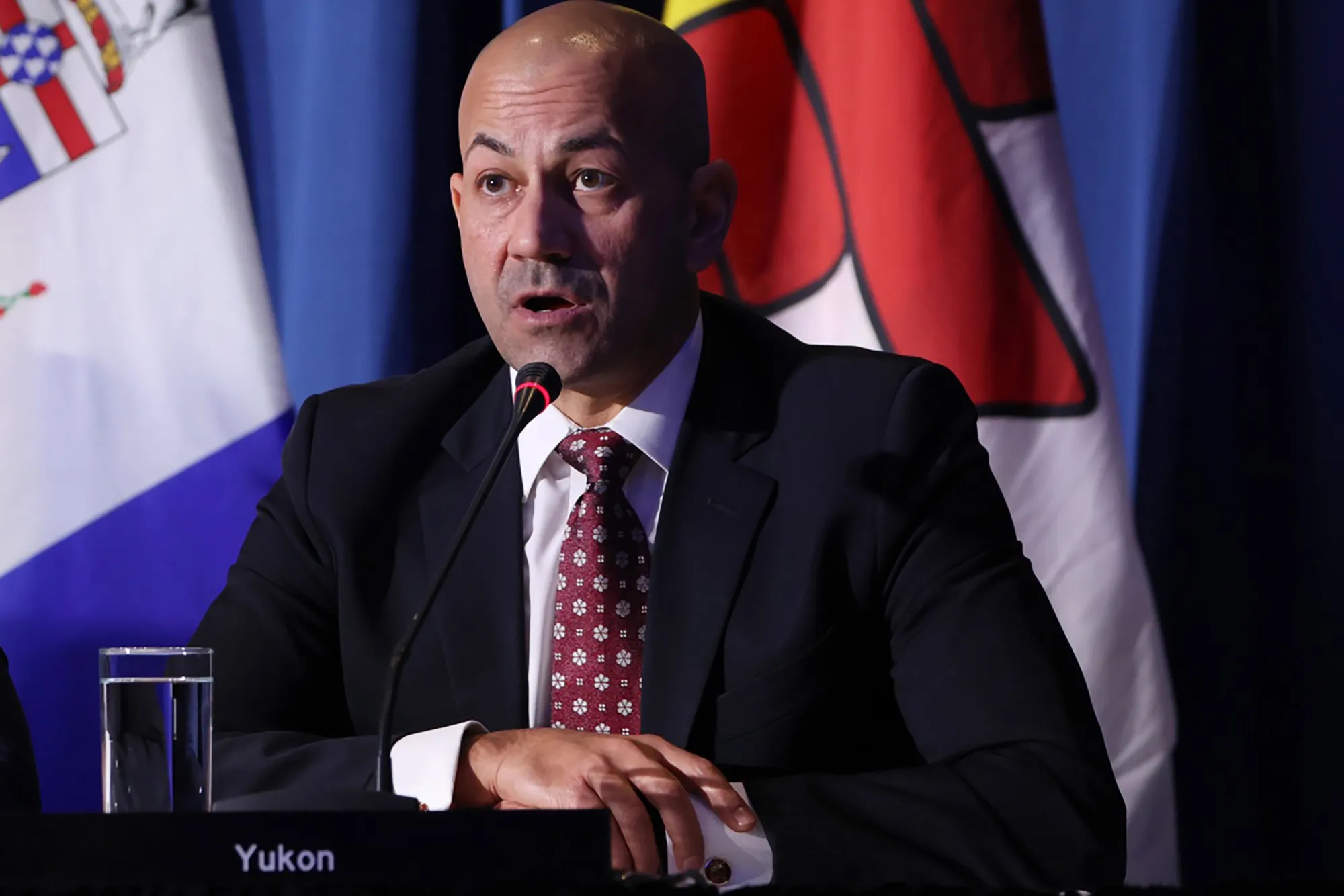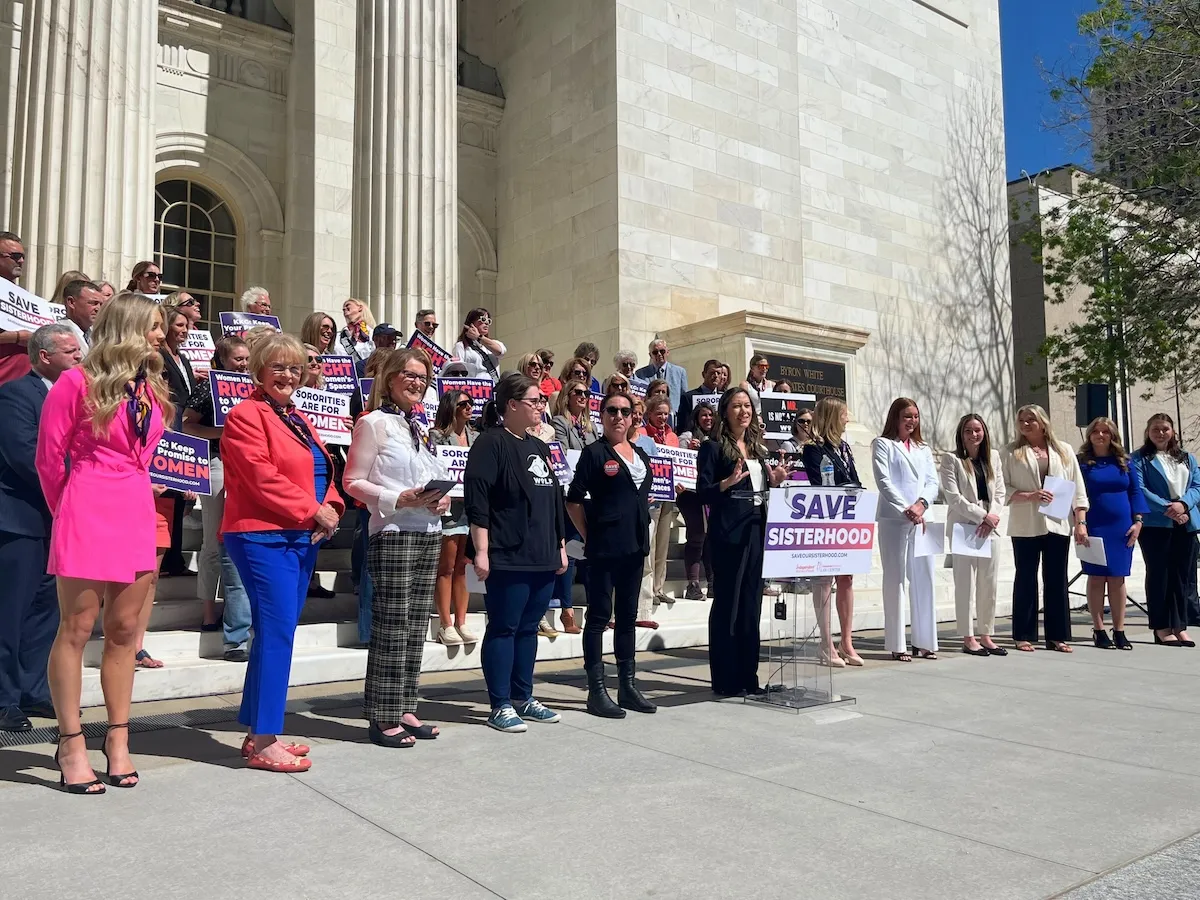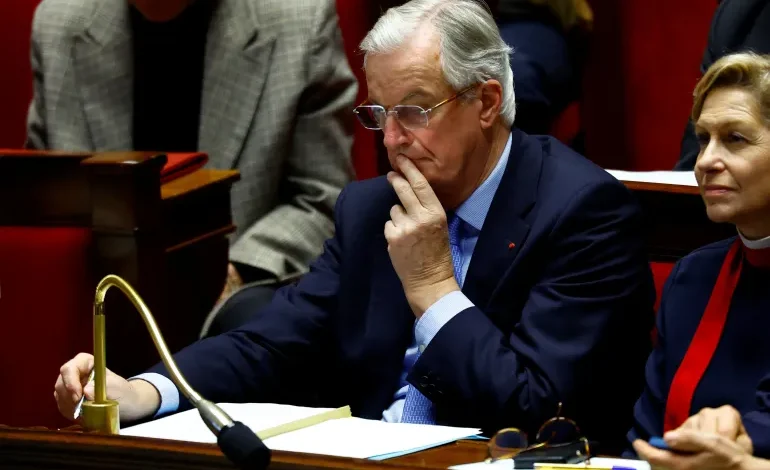France is facing a deep political crisis after Prime Minister Michel Barnier’s government was ousted in a no-confidence vote in the National Assembly on Wednesday, Al Jazeera reports.
The 331-vote majority to remove the 73-year-old centrist leader marks the first time a French government has fallen to such a vote in over 60 years.
The motion, passed in the 577-seat lower house, was fueled by opposition from both the far-left and hard-right parties. Their united front followed Barnier’s controversial use of special constitutional powers to push through budget measures without a full parliamentary vote. These measures, part of a 60 billion euro ($63 billion) austerity plan aimed at reducing France’s public deficit, proved highly unpopular.
Following the vote, Parliament Speaker Yael Braun-Pivet confirmed Barnier’s resignation, which he is expected to tender to President Emmanuel Macron shortly. The Elysee Palace announced that President Macron will address the nation in a televised speech on Thursday evening.
The fallout has been swift and significant. Marine Le Pen, leader of the far-right National Rally, while stopping short of calling for Macron’s resignation, noted the increased pressure on the president. Mathilde Panot, head of the hard-left France Unbowed (LFI) party, went further, explicitly demanding Macron’s resignation and calling for early presidential elections.
Barnier, the former EU Brexit negotiator, was appointed Prime Minister by Macron in September following a hung parliament resulting from July’s snap election. His government’s downfall stems from its attempt to bypass parliamentary deadlock on the budget, which aimed to bring France’s public deficit, currently at 6.1% of GDP, in line with EU requirements.
France is now grappling with the implications of this political upheaval. A new parliamentary election cannot be held before July. Any new prime minister will inherit the same challenges in navigating the deeply divided parliament to pass legislation, including the crucial 2025 budget.
President Macron faces several options, including appointing a caretaker government. This interim government could either propose emergency legislation to extend the current budget provisions or, controversially, invoke special powers to pass the 2025 budget by decree. However, legal experts warn that the latter option is a legally ambiguous and politically risky maneuver. The coming days will be crucial in determining France’s political path forward.









